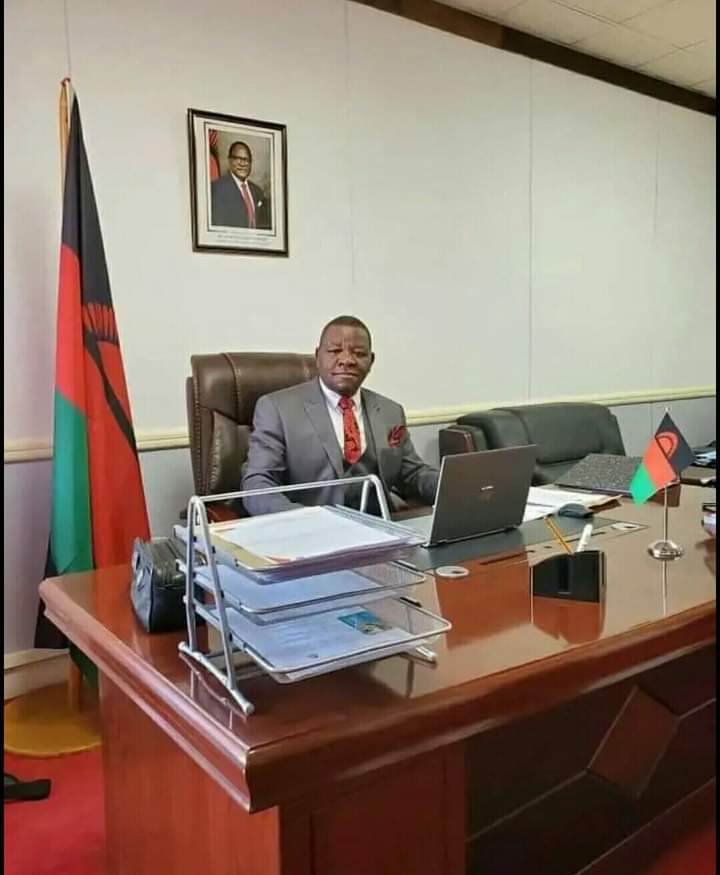UNITED NATIONS INTERNATIONAL DAY OF OLDER PERSONS -Introduction Malawi Network for Older Persons’ Organizations (MANEPO)

On 14 December 1990, the United Nations General Assembly designated October 1 as the International Day of Older Persons (resolution 45/106). This was preceded by initiatives such as the Vienna International Plan of Action on Ageing, which was adopted by the 1982 World Assembly on Ageing and endorsed later that year by the UN General Assembly.
International Day of Older Persons
Seventy-five years ago, the United Nations General Assembly adopted the Universal Declaration on Human Rights, a monumental document in the history of human rights. Written by representatives from around the world with different legal, cultural, and linguistic backgrounds, it is the first document articulating the fundamental human rights that are meant to be universally protected.
In recognition of this milestone and looking to a future that delivers on the promise to ensure that all persons, including all older persons, fully enjoy their human rights and fundamental freedoms, this year’s theme for the United Nations International Day of Older Persons will focus on the theme of theme, “Fulfilling the Promises of the Universal Declaration of Human Rights for Older Persons: Across Generations.”
The commemoration will put a spotlight on the specificity of older persons around the world, for the enjoyment of their rights and in addressing violations, and how the strengthening of solidarity through equity and reciprocity between generations offers sustainable solutions to deliver on the promise of the Sustainable Development Goals.
Population ageing is an irreversible global trend. There are currently around 700 million people over the age of 60 worldwide. It is predicted that by 2050, this figure will have risen to 2 billion. According to the 2018 National Statistical Office (NSO) Housing and Population Census report, Malawi has a population of 19 million, out of which, 965,304 are 60 years and above. The UN predicts that by 2030, the absolute number of older persons in Malawi will be around 3 million.
The social and economic implications of this population ageing phenomenon are profound, extending far beyond the individual older person and the immediate family, touching broader society and the global community in unprecedented ways. It is how we choose to address the challenges and maximize the opportunities of a growing older population in Malawi that will determine whether our country will reap the benefits of the longevity dividend.
The work of the International Community around intergenerational solidarity has demonstrated, time and again, through various fora that intergenerational solutions, which are guided by the human rights principles of participation, accountability, non-discrimination and equality, empowerment and legality, can contribute to rekindle the legacy, relevance and activism of the Universal Declaration of Human Rights by empowering both youth and older persons to shift the needle of political will towards fulfilling the promises of the Declaration for all people across generations.
Among others, the 2023 United Nations International Day of Older Persons seek to increase global knowledge and awareness of the Universal Declaration of Human Rights and generate commitments among all stakeholders to strengthen the protection of the human rights of current and future generations of older persons around the world, and also to share and learn from intergenerational models for the protection of human rights around the world.
Furthermore, the 2023 International Day of Older Persons calls on governments and UN entities to review their current practices with a view to better integrate a life course approach to human rights in their work, and to ensure the active and meaningful participation of all stakeholders, including civil society, national human rights institutions, and older persons themselves, in the work on strengthening solidarity among generations and intergenerational partnerships.
In societies with aging populations, it becomes imperative to adjust to the increasing number of elderly individuals who possess a diverse range of functional capacities. The capability to carry out essential functions and partake in everyday activities is influenced not solely by an individual’s inherent capacity but also by the social and physical environments in which they reside. Supportive environments play a pivotal role in assisting older individuals to maintain their activity levels and independence as they progress in age.
This year’s commemoration will be done on 6 October 2023, at Songani Community Grounds in Zomba district.
Conclusion
It is the responsibility of every citizen to protect and safeguard the rights of the elderly. If we work together, we can make greater strides towards creating the world we want for older men and women in our country, a world that is free from want, free from harm and one in which every older person in Malawi has the necessary means to lead a dignified, healthy, and secure life.
Signed on 29 September 2023
Andrew Kavala
Country Director




